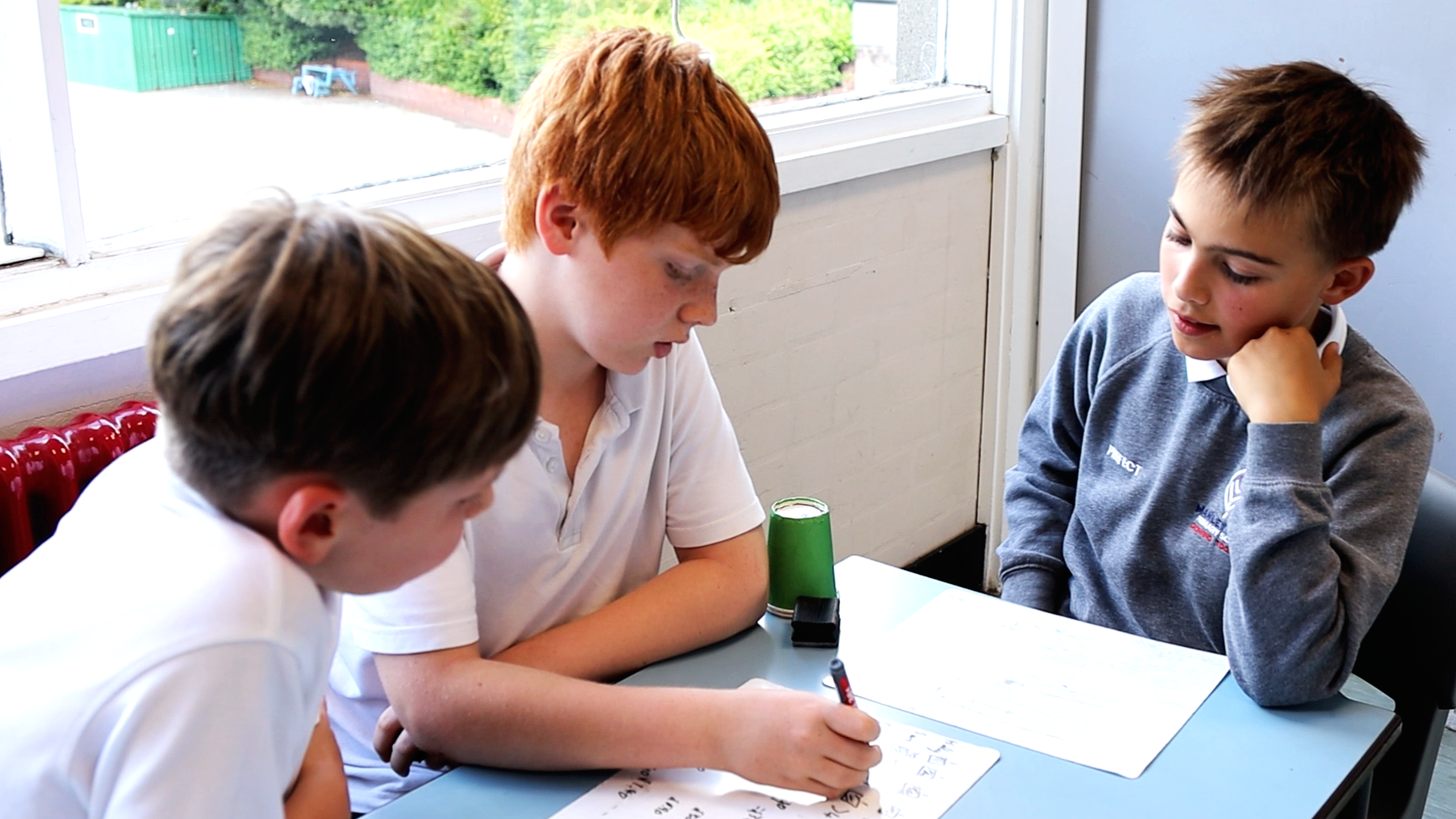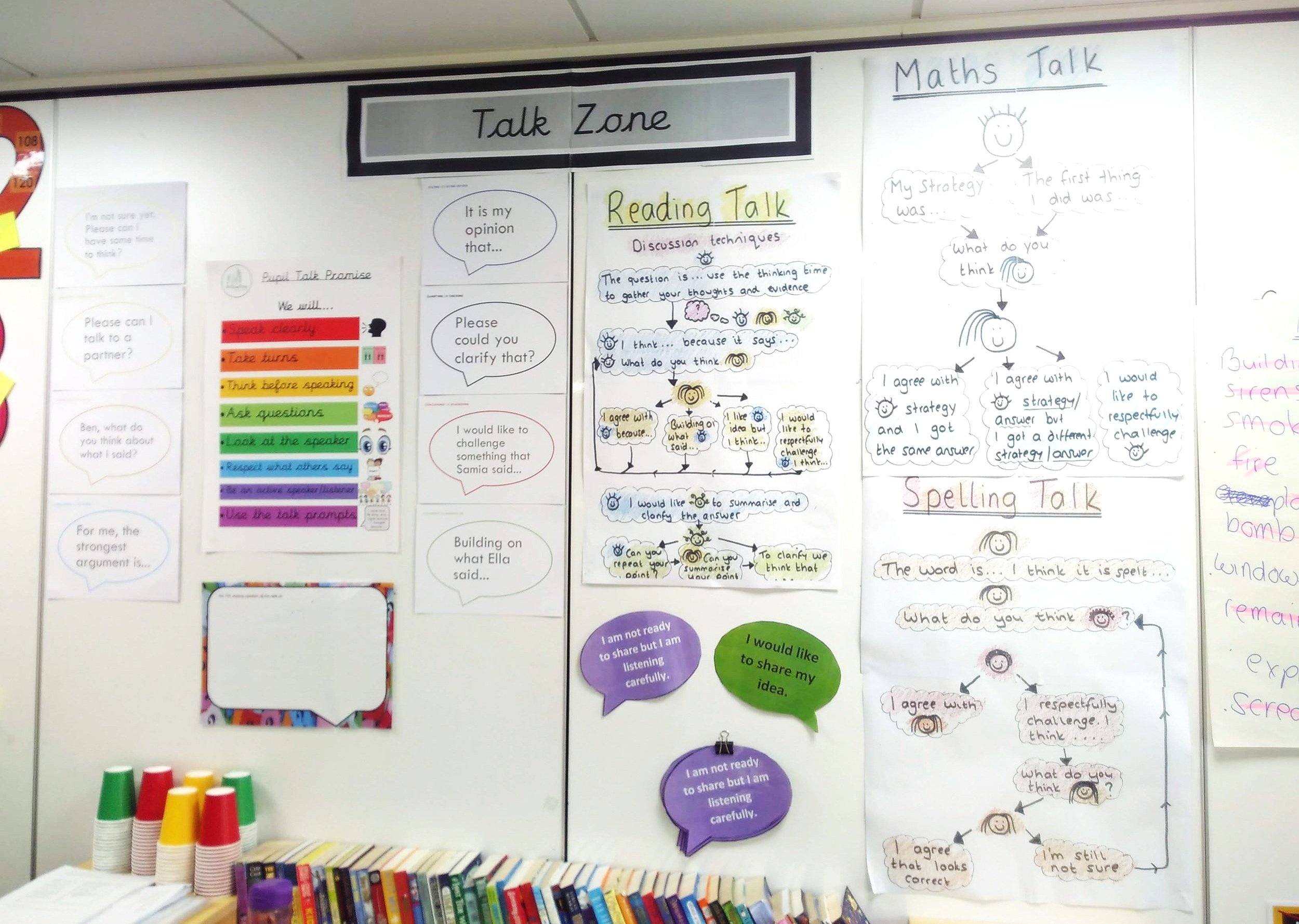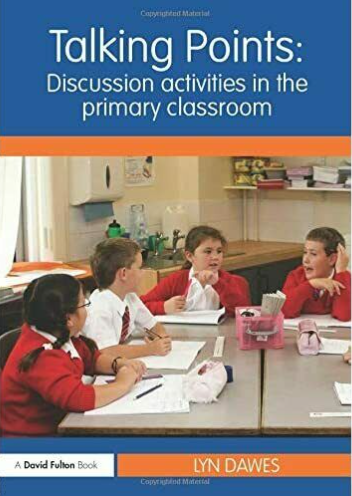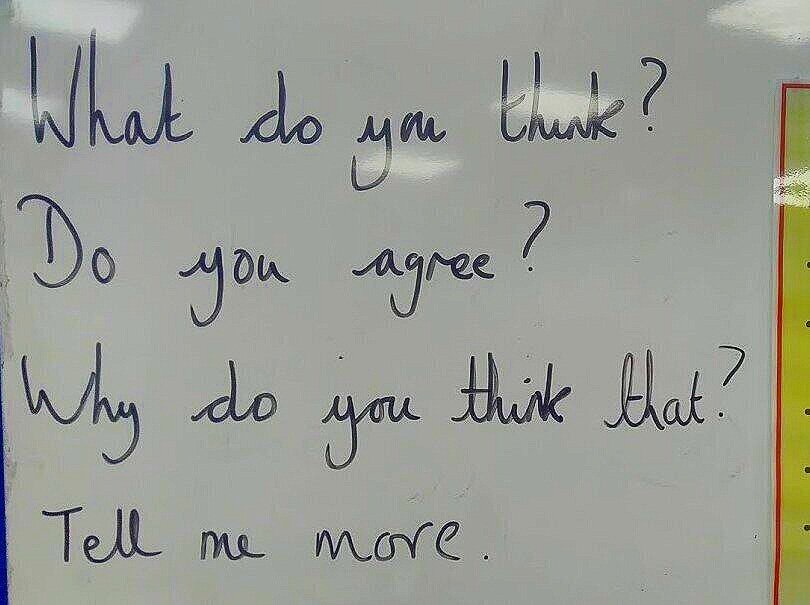Talking points – statements designed to spark discussion, reasoning, and justification – can be used in maths to generate thinking and dialogue.
Ask your students what they think of these statements, and have them discuss with their peers. Do they agree or disagree? What’s their reasoning?
Maths Talking Points
Zero is the most important number in maths.
You can always simplify a fraction.
All prime numbers are odd.
Multiplying always makes a number bigger.
There is only one correct method to solve a problem.
A square is always a rectangle, but a rectangle is not always a square.
Division is the opposite of multiplication.
Negative numbers are smaller than zero, but greater than nothing.
You can’t divide by zero because it breaks maths.
The value of a digit depends on its place in a number.
Decimals are more accurate than fractions.
Area and perimeter always increase together.
Two shapes with the same area must look the same.
The equal sign means the answer is coming.
An estimate should always be close to the exact answer.
When you double an even number, the result is always even.
The number line goes on forever in both directions.
If two lines never meet, they must be parallel.
Probability is just guessing with numbers.
The mean is always the best way to describe a set of data.

How one teacher raises accountability using a quick and simple technique
Give students opportunities to say and apply new vocabulary
Help students to use the language of Maths
An inspiring and practical article that will help you improve talk for learning
A book exploring another helpful structure to promote high-quality talk
How dialogic pedagogy is relevant across the curriculum
Ensure consistency and impact for high-quality pupil dialogue.
An example of raising engagement in learning using the power of open questions.
Encouraging pupils to argue and debate in class can help boost their results in English, Maths and Science, according to research by the Education Endowment Foundation.












